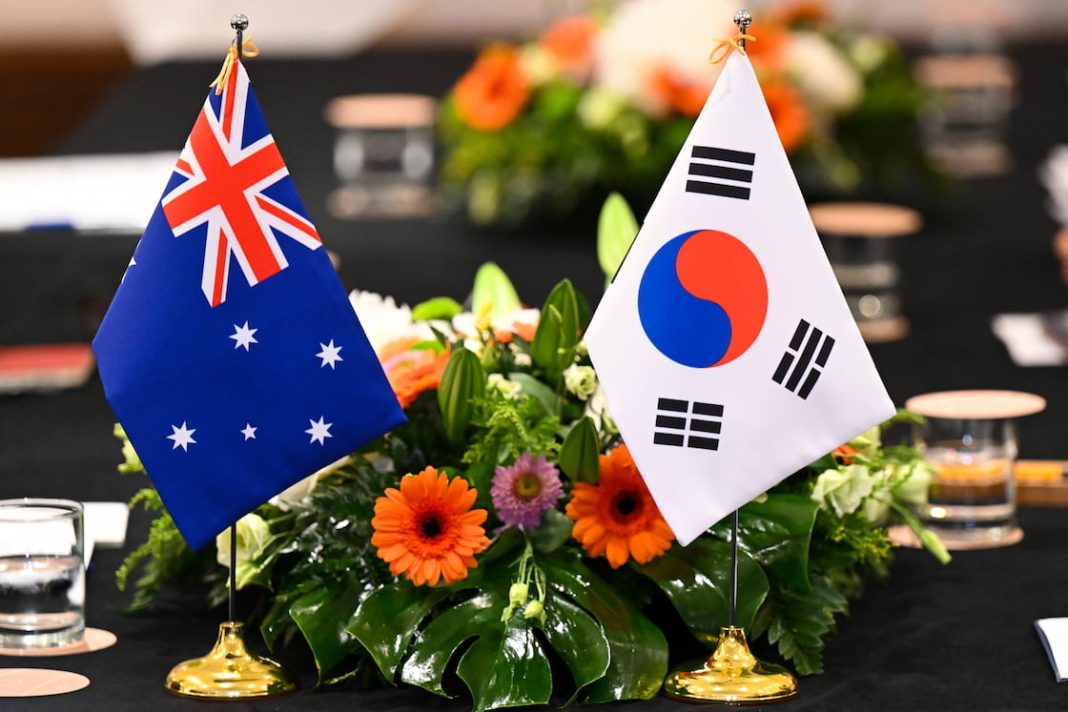South Korea is in shock and disbelief after the nation’s president imposed martial law, but Australians in the region have played down any associated safety risks.
President Yoon Suk Yeol made the declaration to suspend ordinary laws and impose the military as decision-makers late on Tuesday, citing “anti-state forces” among his political opponents.
But hours later, the South Korean parliament unanimously voted the ploy down, much to the delight of protesters stationed outside the national assembly.
Australia’s Foreign Affairs Department has updated travel advice due to the political crisis, encouraging people to avoid mass gatherings.
Kate Kalinova, an Australian who lives in Seoul and works for a climate civil society organisation, said locals were reminded of the nation’s unstable past, including when martial law was declared more than four decades ago.
“It felt surreal – like something you’ve read about for the era of military dictatorships in South Korea’s history,” she told AAP.
“The phrases ‘is this the 1980s?’ and ‘is this really happening?’ came up a lot … overall, this announcement seemed completely out of place in modern-day Seoul.”
Monash University communications and media professor Gil-Soo Han said the president had been in conflict with the nation’s parliament for months, making his radical play less surprising.
“He has finally been pushed into a corner over the corruption allegations involving him and his wife,” he said.
“But he will not resign willingly. And although there are enough reasons to impeach him, it will be difficult because the opposition is eight seats short of the 200 required to win a motion in parliament.”
Opposition parties have promised to push ahead with an impeachment attempt.
Seoul-based Ross Gregory, who chairs the Australian Chamber of Commerce in Korea and was in Melbourne at the time martial law was declared, said he was not aware of any violent incidents.
“The Koreans I’ve spoken to were pretty embarrassed by it and in disbelief, while the foreigners were curious but sceptical whether this would really be a permanent state of affairs,” he said.
“We’re shocked, surprised, disbelieving, but I don’t think anyone I spoke to thought it could last.
“The final outcome though showed Korea is a true democracy, 30 or 40 years ago … was a period where a president really could have imposed a lasting military-imposed lockdown of the nation.”
Foreign Minister Penny Wong said the Australian government was concerned by the political situation.
“As a close partner and friend of the Republic of Korea, we hope for a democratic and peaceful resolution for the Korean people,” she said.
Official travel advice does not discourage Australians from going to Korea and Mr Gregory said he had no qualms about heading back on Monday.
“Having lived there for quite some time, I’ve seen a few moments of disruption in my time and this one’s a bit more bizarre than concerning,” he said.
“I think this will be put down to a very stressed-out president, something one would assume he will regret in a moment of high anxiety.”



